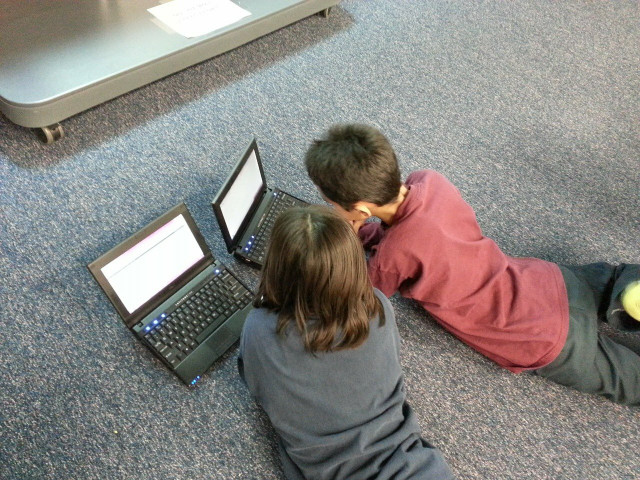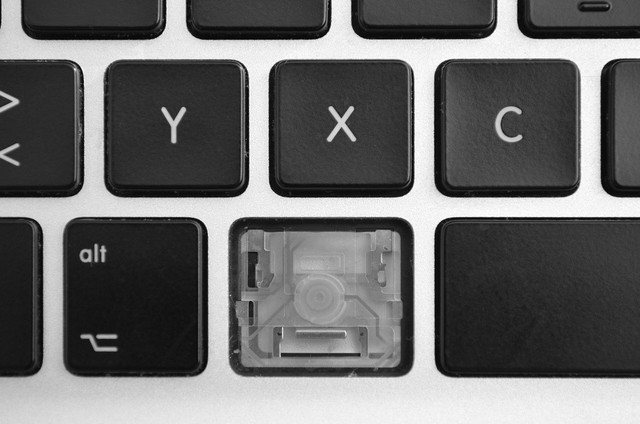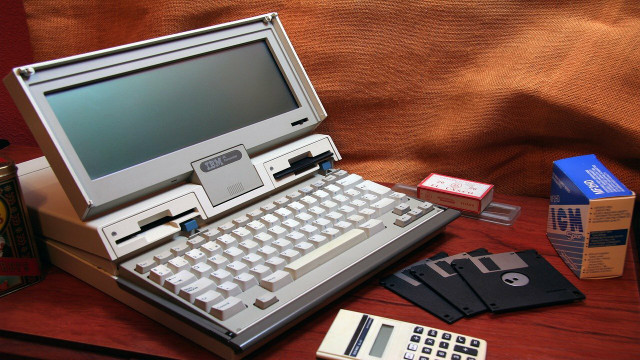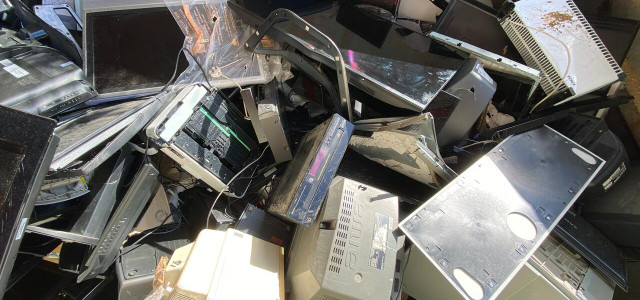Has the time come to get rid of your old laptop? You need to dispose of it properly — here’s how and where to recycle laptops and why it’s so important to get it right.
The US generates around 7 million tons of electronic waste annually — that’s roughly 46 pounds per person. E-waste includes anything from small electronic equipment like USB drives, smartphones and computers to appliances like fridges and dishwashers.
According to the UN’s Global e-Waste Monitor, only about 15% of those 7 million tons were properly collected and recycled — and that’s a problem. Without proper disposal, any hazardous e-waste materials are released into the environment, where they pose a serious threat to human and planetary health.
Moreover, while broken or outdated electronic equipment may not hold much value for the end user, it still contains precious raw materials that can be repurposed. So, when we recycle laptops properly, it’s way better for the environment and our wallets.
Here’s how to recycle your laptop and some other, more sustainable options for disposing of old computers and e-waste.
Interested in upping your recycling game? Check out 9 Recycling Mistakes You Should Avoid to get started fast.
Before Recycling Your Laptop, Try Donating It

If your device is still functioning but no longer fits your needs, try to pass it on to someone who could still use it. As a 2021 study by the Pew Research Center shows, 41% of low-income American adults don’t have a desktop or laptop computer. Donating your laptop when you don’t need it can make a real difference in the growing digital divide.
Important reminder: Before you donate or recycle a laptop, make sure you’ve wiped it clean of any personal information.
Here are some ideas for where to donate your laptop:
- Is there a community center, public library, school or another institution nearby that you can give the laptop?
- Does your workplace, school or university have a donation program?
- Many second-hand stores, including Goodwill, accept electronics donations.
- Have you heard of the World Computer Exchange? It’s a global nonprofit organization that connects youth worldwide with digital resources. Many more, like Digitunity, are working to bridge the “technology gap” and empower those with lower access to technological devices.
Look Into Selling It



Have you tried selling your laptop? Between Facebook Marketplace, Craigslist and eBay, there are lots of online marketplaces where you can sell used electronics. Even if the device is damaged or doesn’t work properly, someone else may still be able to fix it or reuse the parts.
You can also check whether the manufacturer has a buyback program or if you can sell it to a company that refurbishes old devices.
When It’s Really Time to Say Goodbye, Recycle Your Laptop



According to the EPA, recycling one million laptops saves enough energy to power roughly 3500 homes for an entire year. Sounds good, doesn’t it? Here’s how to get started.
Prepare your laptop for recycling:
- Save all important data via cloud services, on a hard drive, or by migrating it directly to a new computer.
- Check your accounts and software. Can you access everything from your new laptop? This is important because the licenses to some of your programs may not work on multiple devices, so you may need to de-authorize them on your old device first.
- Wipe your disk clean so that your data cannot be accessed. Not all recycling services are trustworthy, so err on the safe side and don’t take the risk.
- Remove the battery, if possible, and read our guide on how to dispose of batteries to get rid of it safely.
Where to recycle laptops:
- Find a certified electronics recycler. The EPA offers guidance on finding certified recyclers who meet strict standards to ensure that goods are processed safely. You can also search for local recycling facilities online.
- Many manufacturers — and some retailers — offer buyback programs. Some of them, including Best Buy, also offer free recycling programs.
Read more:
- What Is Upcycling and How Is It Different From Recycling?
- How to Recycle Shredded Paper – and How to Avoid Shredding it
- The Pros and Cons of Off-Grid Living
Do you like this post?









